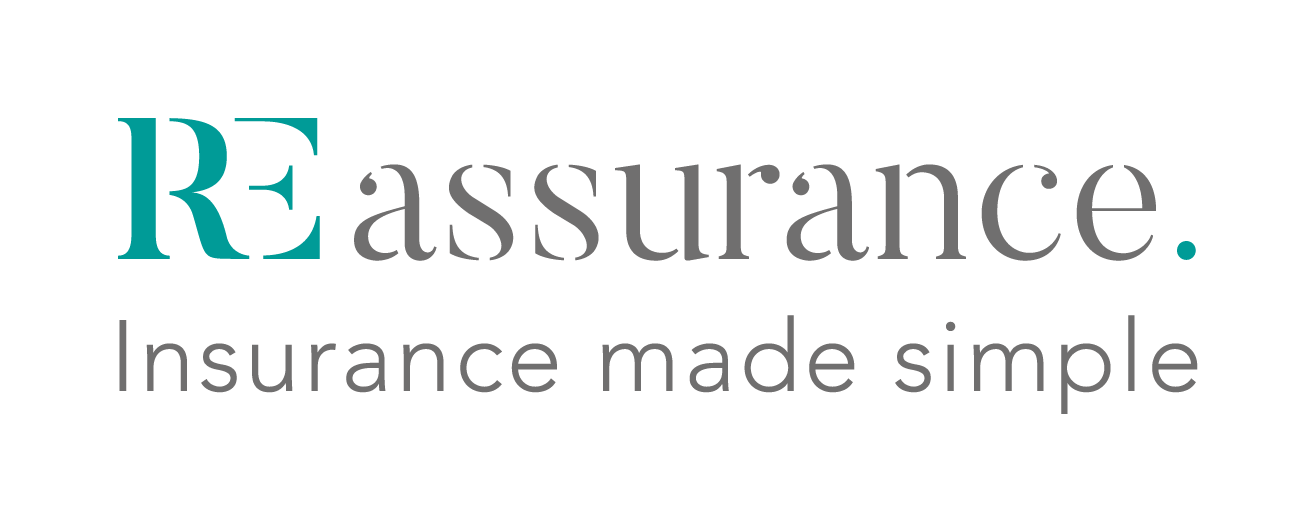
Throughout the CEE region there are many types of insurance that are frequently used in commercial M&A transactions that are considered to be transactional risk products. Insurance helps manage risk in transactions and can be as simple as overcoming a specific need or problem to transferring liability or the sophisticated structure of the deal between parties. Insurance provides clarity, simplicity and security.
In recent years the insurance market has grown and become more sophisticated. The rise of more specialist products for the M&A market means it can be a challenging landscape to navigate. There are more insurance companies and managing general agents offering insurance of different types. Increasingly, clients are turning to insurance brokers to find the right insurance for their transactions. An insurance broker has the market knowledge and relationships which can help the client to procure insurance.
At REassurance we are experts in finding insurance solutions for our clients. An unparalleled track record of understanding our clients’ needs within the demanding market, our team has many years of experience in finding solutions for managing risks relating to the sector. Our team has broad experience in real estate and tax in the CEE region, which helps to facilitate the transaction process for the clients.
This guide is our introduction to explain the key concepts and benefits of tax insurance. If you have any questions or would like to know how insurance can help, please contact one of our experts
Product Information
Title insurance is a well known and frequently used insurance in commercial real estate transactions. In CEE using title insurance on real estate investment transactions is market practice in multiple jurisdictions. Although the product has been widely available for many years there can still be some uncertainty as how or when it can be used. As title insurance becomes more cost effective, we believe that it will continue to be widely used on real estate investment transactions.
Key concepts of title insurance
•Title insurance encompasses a broad range of legal risks which may affect a property or land. These can range from small technical risks to active litigation. These defects can seriously affect the value of a property and could, in more extreme cases, involve the loss of the entire asset. Title insurance is created to insure such defects so they do not have to be resolved via the legal system.
•Each title insurance policy is subject to specific terms, conditions and exclusions.
• Title insurance cover can be placed in several ways:
1. all risk insurance (good title).
2. specific risk insurance.
3. planning and permitting risks in development projects.
4. title to shares.
5. fundamental warranties top up.
• All Risk Insurance (Good Title) is used where there is no specific defect, but cover is required against a number of unknown risks. It is used against risks that were not detected during DD phase. Good title policy protects real estate owners and lenders against any property loss or damage they might experience because of liens, encumbrances or defects in the title to the property.
• Title insurance protects against claims from defects. Defects are things such as another person claiming an ownership interest, improperly recorded documents, fraud, forgery, liens, encroachments, easements and other items that are specified in the insurance policy.
• Title policies indemnify clients from financial loss, should a defect affect the property. The cost of defending any third-party challenges and covering any eventual loss in the value of the land ensures that the Client is fully protected.
• Specific Risk Insurance is used where there is an identified legal defect affecting the property, which needs to be removed/mitigated. Some of the most common risks include restrictive convents, lack of easements/servitudes, missing documents, zoning or planning breaches.
• Title insurance is also available on title to shares in M&A transactions. It can be used as a fundamental warranties top-up in Warranty & Indemnity policies. There is scope to use title insurance in the context of planning and permitting in real estate and energy projects also in a development phase.
Policies usually commence when a deal signs and cover remains in place for the full duration of ownership of the real estate In addition, the policy can often be assigned to future buyers or successors in title meaning benefits during ownership and after disposal.
The premium is a one-off cost payable after completion of the transaction. Premium rates can vary depending upon location, risks and cover required. Typical rates in CEE are between 0.08%
– 0.15%* with EUR 20,000 – EUR 25,000 being the minimum premium. There are not usually any underwriting fees. Depending on jurisdiction there may be Insurance Premium Tax (IPT) payable.
Pricing terms and initial non-binding quotations can often be obtained within 48 hours and policies put in place within 10 days if necessary.
Standard Exceptions are understood as matters unrelated to matters of title. Standard Exceptions are called out in a title insurance policy as a matter of clarification. Standard exceptions are not strictly speaking matters of title, but matters related to use of the property, use being a different matter than title to the property. The industry has found it useful to make clear what otherwise can be a confusing and contested area.
Broadly, Standard Exceptions may include:
1. Parties in possession;
2. Adverse possession or prescriptive easements;
3. Easements not shown by public record;
4. Construction liens;
5. Taxes or due payments.












